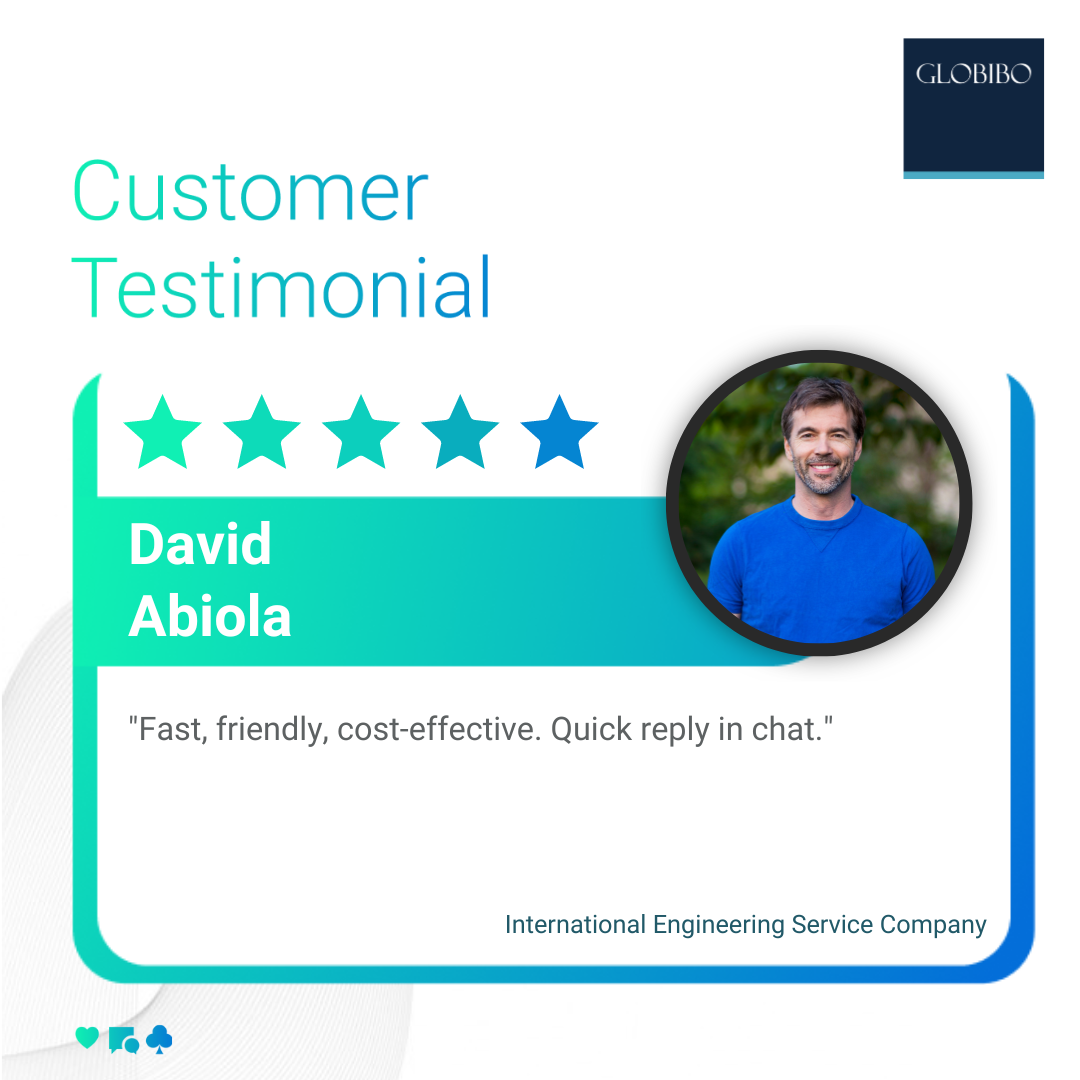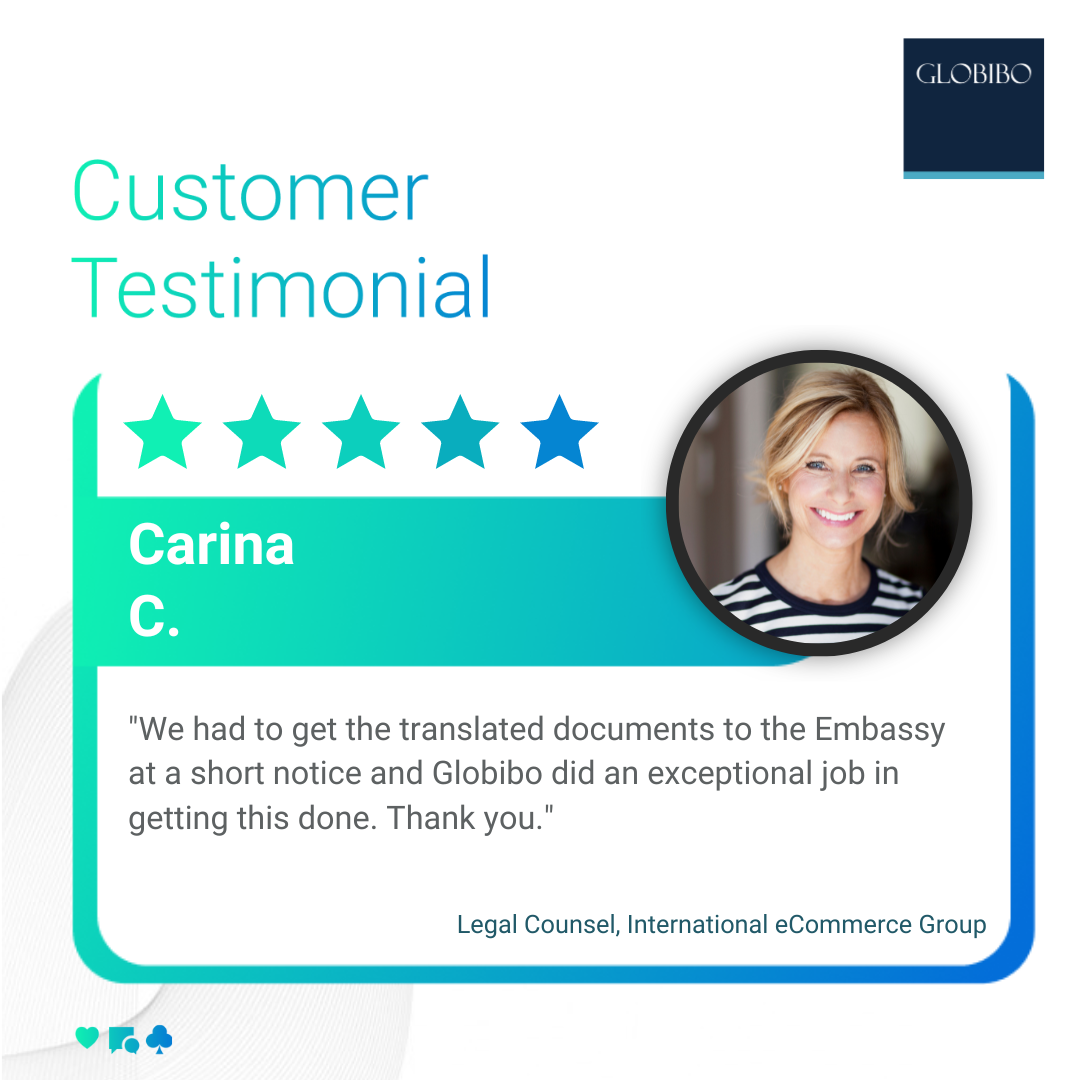Conference interpretation is a term that is usually synonymous with simultaneous interpretation. In extempore conference interpretation (abbreviated SI), the simultaneous interpreter renders the message in the target language as quickly as he or she can formulate it from the source language while the source-language speaker continuously speaks.
Simultaneous interpreters (we try to avoid the term "simultaneous translator") mostly sit in a sound-proof interpretation booth, speaking into a microphone while seeing and hearing the source-language speaker via earphones. Simultaneous interpreting is rendered to the target-language listeners via their earphones. Moreover, conference interpretation is the common mode used by sign language interpreters, although the person using the source language, the simultaneous interpreter, and the target language recipient (since either the hearing person or the deaf person may be delivering the message) must necessarily be in close proximity.
Definition: Simultaneous vs. Consecutive Conference Interpretation
Simultaneous conference interpretation is distinctly different from traditional consecutive interpretation. In consecutive interpretation, the speaker usually stops at the end of every "paragraph,” or complete thought, for the interpreter to step in to render what was said into the target language. In conference interpretation, there are no such breaks as they interrupt the flow of the conference. A key skill involved in consecutive interpreting is note-taking since few people can memorize a full paragraph in one hearing without losing detail. The interpreter’s notes are very different from those of, say, a stenographer, because writing down words in the source language makes the interpreter’s job harder when he has to translate the speech into the target language.

Conference Interpretation Equipment and Systems
Conference interpreting requires, in most cases, the setup of dedicated professional interpretation equipment. Globibo has a wide range of different conference interpretation hardware and software solutions to accommodate the different needs of clients and high-quality conference interpreters. The key components of an interpretation system are:
- Conference Interpretation Booth : The soundproofing allows the interpreter to work without disturbing participants or being disturbed.
- Conference Interpretation Console : The audio system to hear the speaker as well as the microphone infrastructure to render the interpretation.
- Conference Interpretation Receivers : The wireless device for delegates to hear the interpretation wherever they are in the facilities.
- Conference Interpretation Transmitters : The infrastructure to emit the interpretation signal to the receivers.
For more information about our Conference Interpretation Equipment, please check out the following page : Conference Interpretation Equipment
Conference Interpretation Standards
While there are plenty of established interpretation standards like ISO 17100 / 11669 or regional and local standards, the interpretation standard ISO 18841 is rather new. ISO 18841 describes basic principles, working conditions, and procedures, as well as general qualification criteria for interpretation projects. In several sections, ISO 18841 relates to other standards for government language services. For an infographic on ISO 18841, please check out: Globibo ISO 18841 Interpretation Standard Infographic.
Related standards like ISO 20108 and 20109 focus mainly on the technical equipment and ergonomics of the simultaneous interpreter. ISO 4043 focuses exclusively on the mobile booth (a separate standard structure details in-built booths). Several associations also summarize best practices and codes of ethics for interpreters, but that guideline often risks swinging more towards competition dilution than customer quality assurance.
As Globibo, we have developed our own standard on how to evaluate linguists. Considering our large-scale facilities and technical equipment, we provide conference interpretation training opportunities for aspiring consecutive interpreters. Together with educational institutes, we try to improve the skill set of linguists working in conferences.
Conference Interpretation Qualifications
Simultaneous interpreters are very dedicated professionals with thorough qualifications and certifications. Interpreters do not just need linguist talent; they also need very specific training in technologies and technical equipment. Beyond the language combination and direction, special attention is given to the specific subject matter of the conference/meeting and the corresponding background of the linguist. Industry- and domain knowledge appear to be key drivers of project excellence.
Based on international standards, guidelines for associations, and policies from different ministries, we have defined a qualification standard and process to select the right linguists for specific projects. With global delivery centers around the world, we have access to a larger pool of linguists and can balance talent and cost.
Skills of Conference Interpreters
Conference interpretation, including medical conference interpretation, is an essential part of multilingual conference interpretation services. But in order to do their jobs well, conference interpreters need to have a specific set of abilities and credentials.
Conference interpretation is a difficult job that calls for specialized training and credentials. Conference interpreters must be able to communicate ideas clearly and effectively, whether they are working in technical conference interpretation or another field. The success of conference interpretation depends on the use of the right tools and technology, as well as on appropriate training and conference interpretation accreditation.
Professor Tsuruta summarizes the most important tips to adopt while working as a simultaneous interpreter. She states that there are 11 qualities that one must possess to really succeed in a career.
- Fluency of Delivery
- Logical Cohesion
- Correct Terminology
- Pleasant Voice
- Correct Grammar
- Synchronicity
- Consistency
- Appropriate Style
- Live Intonation
- Completeness
- Native Accent
You can see a summary of Professor Tsuruta's research in the following video: A Formula for Success in Simultaneous Interpreting. The interpreting competencies summarized in ISO 18841 are very generic and just useful as a general/high-level overview.
Conference Interpretation Booths
Different projects have different requirements with regard to the interpretation booth. Over the years, we have collected a wealth of experience in regard to the planning, design, execution, and monitoring of the setup of small to large-scale booth infrastructures. In this setup, we understand the balance between conference interpreters' emotional health, comfort, security, and quality level with aesthetic and design considerations.
For more information, please check out the information about the mobile conference interpretation booth.
Simultaneous Interpreting Education
Interested in becoming a simultaneous interpreter or improving your skills? Check out our conference interpretation development program and become a reliable simultaneous interpreter for conferences. We use our in-house facilities to provide learning opportunities for talented linguists to experience the latest equipment and test their skills.
More information: Conference Interpretation Development Program
Other Language Interpretation Approaches
To get more information about other interpretation approaches, please check out the following links:
Event Management & Conference Interpretation Case Studies

FAQs
Q1: What is conference interpretation?
Ans: Conference interpretation is the process of converting spoken words from one language into another in real-time. It is typically used in multilingual settings such as international conferences, meetings, and negotiations.
Q2. What types of conference interpretations are there?
Ans: There are two main types of conference interpretation: simultaneous interpretation and consecutive interpretation. Simultaneous interpretation involves the interpreter translating the speaker's words into the target language at the same time the speaker is speaking. Consecutive interpretation involves the interpreter translating the speaker's words into the target language after the speaker has finished speaking.
Q3. How do I hire a conference interpreter?
Ans: To hire a conference interpreter, you can contact a professional interpretation agency or a freelance interpreter. It is important to ensure that the interpreter you hire is experienced and qualified to work in the languages and subject matter of your event.
Q4. What qualifications do conference interpreters need?
Ans: Conference interpreters typically need to have a high level of fluency in both the source and target languages, as well as a deep understanding of the subject matter they will be interpreting. They may also need to have specialized training in interpreting techniques and equipment.
Q5. How many interpreters do I need for my event?
Ans: The number of interpreters you need will depend on several factors, such as the number of languages being used, the length of the event, and the complexity of the subject matter. As a general rule, it is recommended to have at least two interpreters per language pair to ensure accuracy and avoid fatigue.
Q6. What equipment is needed for conference interpretation?
Ans: Conference interpretation typically requires specialized equipment such as booths, headsets, microphones, and a sound system. The equipment should be of high quality and meet the requirements of the interpreting team.
Q7. What is the cost of conference interpretation?
Ans: The cost of conference interpretation can vary widely depending on factors such as the number of languages, the length of the event, and the location. It is important to get a quote from a professional interpretation agency or freelance interpreter before making a decision.
Q8. How far in advance do I need to book a conference interpreter?
Ans: It is recommended to book conference interpreters as early as possible to ensure availability. Ideally, you should book your interpreters at least 2-3 months in advance, especially for large-scale events.
Q9. How can I ensure that the interpretation is accurate?
Ans: To ensure accurate interpretation, it is important to provide the interpreter with as much information as possible about the event and the subject matter in advance. This can include providing them with relevant documents, presentations, and speeches. It is also important to use professional interpreters who are experienced and qualified to work in the languages and subject matter of the event.
Q10. What are the benefits of conference interpretation?
Ans: Conference interpretation can help break down language barriers and promote communication and understanding among participants who speak different languages. It can also help to ensure that all participants have equal access to information and can fully participate in the event. Additionally, accurate interpretation can help to avoid misunderstandings and promote successful outcomes for the event.
Quick Contact
Australia: +61 28317 3495
China: +86 21 8024 6090
France: +33 6 1302 2599
Germany: +49 (030) 8093 5151
Hong Kong: +852 5801 9962
India: +91 (11) 7127 9949
Malaysia: +603 9212 4206
Philippines: +63 28548 8254
Singapore: +65 6336 9002
Spain: +34 675 225 364
Vietnam: +84 985 611 322
UK: +44 (20) 3468 1833
US: +1 (718) 713 8593
Certification

ISO 27001 - Information Security Management System - Certificate #: CCL/ISMS/70818/GIPL

ISO 9001 - Quality Management System - Certificate #: CCL/QMS/70818/GIPL

ISO 17100 - Quality Translation Services Management System - Certificate #: CCL/QMS/70821/GIPL
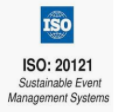
ISO 20121 - Event Sustainability Management System - Certificate #: CCL/QMS/70822/GIP
Testimonials
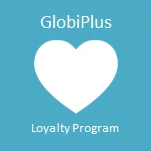
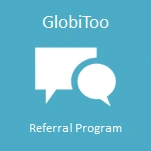
Globibo News

Globibo Panda Run
Join 28th of March, in Singapore 8.15pm Marina Bay Sands...

Globibo Hong Kong
A new milestone was hit in September 2012 with our own office in Hong Kong.

Corporate Training Website
Our Our Globibo Corporate Training Website is finally online.

Happy New Year
Happy New Year 2013. May it bless all of us with loads of joy & success.

Language-school.sg
Our new Web site dedicated to Language Courses in Singapore goes...


